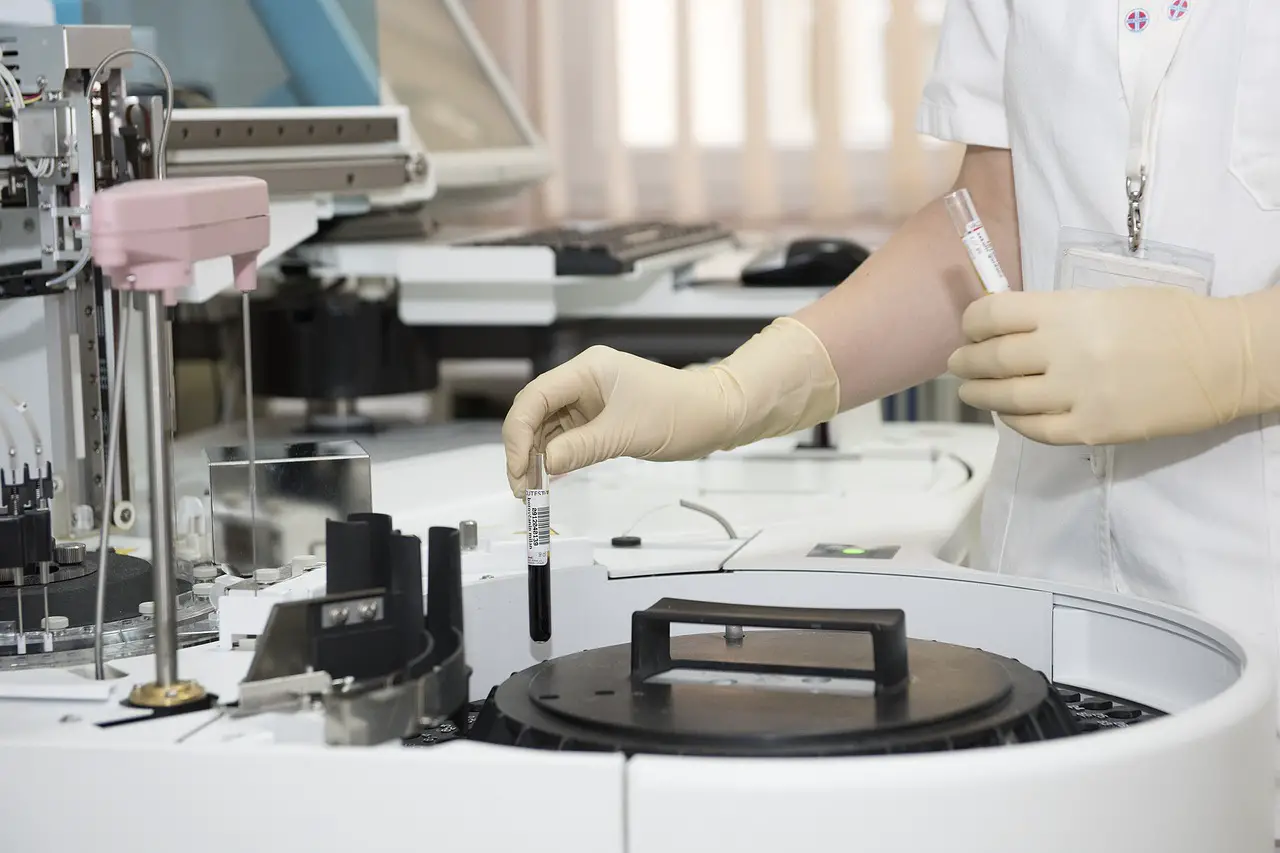Undoubtedly, biochemistry is a critical interdisciplinary science that studies different aspects of living organisms and the chemical processes occurring in them. While this science is pretty much essential for developing a broad range of industries, biochemistry is especially important in medicine.
Biochemistry is important in medicine because it studies chemical components of the human body, investigates the chemical processes in the human body, helps us understand how metabolism works, is crucial for diagnosing, testing, and preventing different diseases, explains the role of hormones in the human body, describes how cell signaling works and the way it’s connected to various diseases, is essential to creating pharmaceuticals, and is the perfect diagnostic tool for healthcare professionals.
If you are not quite sure how biochemistry is related to the medical and healthcare industries, this article is for you. The following sections highlight the importance of biochemistry in medicine.
#1. Biochemistry Studies the Chemical Components of the Human Body
The main reason why biochemistry is important in medicine is that it studies the major chemical compounds found in the human body, including but not limited to proteins, carbohydrates, nucleic acids, and lipids (fats, fat-soluble vitamins, phospholipids, etc.).
As each of these compounds has a unique function, being aware of how they work and why they are important is absolutely crucial for gaining insights into different health conditions or diseases. Without the knowledge biochemistry provides, professionals in the medical field wouldn’t be able to understand even the basic concepts of the human body.
#2. Biochemistry Explores the Chemical Processes in the Human Body
Generally speaking, biochemistry is the study of chemical processes occurring in living organisms. So, without biochemistry, we wouldn’t be able to understand how our bodies work. On the other hand, physiology is the study of the functions and mechanisms of living beings.
Evidently, biochemistry, in tandem with medical physiology, aims to evaluate the functioning of the systems found in the human body to later diagnose abnormalities or diseases. Without biochemistry, healthcare professionals wouldn’t have access to the processes taking place in humans and other living organisms.
#3. Biochemistry Is Crucial for Understanding How Metabolism Works
As biochemistry studies all chemical changes in the human body, it also explains how metabolism works. Metabolism is a crucial set of chemical reactions in our body’s cells that convert the energy obtained from food to the energy used by our body to run cellular processes.
Whether we are talking about food or drug metabolism, understanding how this process is carried out by our cells is pretty much essential for determining how healthy our body is. Since biochemistry provides detailed information about each step of metabolism, this scientific field is absolutely crucial in medicine.
#4. Biochemistry Explains the Role of Hormones in the Human Body
Hormones are often considered the chemical messengers of your body. They are responsible for delivering messages by traveling to specific tissues and organs. And without biochemistry, it would be impossible to determine what hormones are, how they work, and why they are so important to humans (and other living organisms, of course).
Besides, biochemistry allows healthcare professionals to diagnose and treat hormonal imbalances. Being aware of the chemical properties and functions of hormones also lets doctors find causes and treatments for various endocrine disorders, including diabetes, Cushing’s disease, hyperthyroidism, and many more.
#5. Biochemistry Provides a Better Understanding of Cell Signaling Pathways and Related Diseases
Cell signaling is one of the branches of biochemistry that explains how cells communicate with each other by transferring information from one cell to another. Biochemistry studies how cell-to-cell signaling works by investigating the ways cells receive, process, and transmit signals.
As there are numerous diseases related to phenotypic modifications of cell signaling pathways, understanding the overall process is crucial for diagnosing and treating these conditions. Therefore, biochemistry is important in medicine when it comes to diagnosing and treating diseases, such as heart disease, hypertension, diabetes, and different forms of mental disorders.
#6. Biochemistry Is Key to Diagnosing, Treating, and Preventing Various Diseases
Since biochemistry studies the chemical compounds found in the human body and the processes occurring in our systems, it’s fundamental to diagnosing and treating pretty much any disease or health condition.
Due to the continuous scientific advancements, biochemistry can also be used as a tool to develop therapeutics and vaccines to treat or prevent different diseases in the first place.
#7. Biochemistry Is Fundamental for Designing and Developing Pharmaceuticals
While designing, developing, and producing drugs is the responsibility of professionals working in the pharmaceutical industry, pharmaceuticals are closely linked with the healthcare industry. While diagnosing patients is essential, having access to effective therapeutics is just as important.
As biochemistry explores how living organisms react to different chemical substances or chemical reactions taking place in the body, the involvement of biochemists in pharmacology is pretty much essential. So, biochemistry allows pharmacologists to design and develop safe and effective drugs after carrying out numerous in vivo and in vitro experiments to check the effects of the drugs on biological systems.
#8. Biochemistry Is the Perfect Diagnostic Tool in Medicine
Summing up, biochemistry makes the ideal diagnostic tool in medicine. Without biochemistry, healthcare workers wouldn’t have sufficient knowledge of how the human body works to diagnose or treat patients.
In fact, chemistry, biology, biochemistry, physics, and medicine are often used in combination with each other to solve real-world problems, ranging from those related to agriculture and engineering to the ones associated with pharmaceuticals and medicine.



111 thoughts on “The Importance of Biochemistry in Medicine”